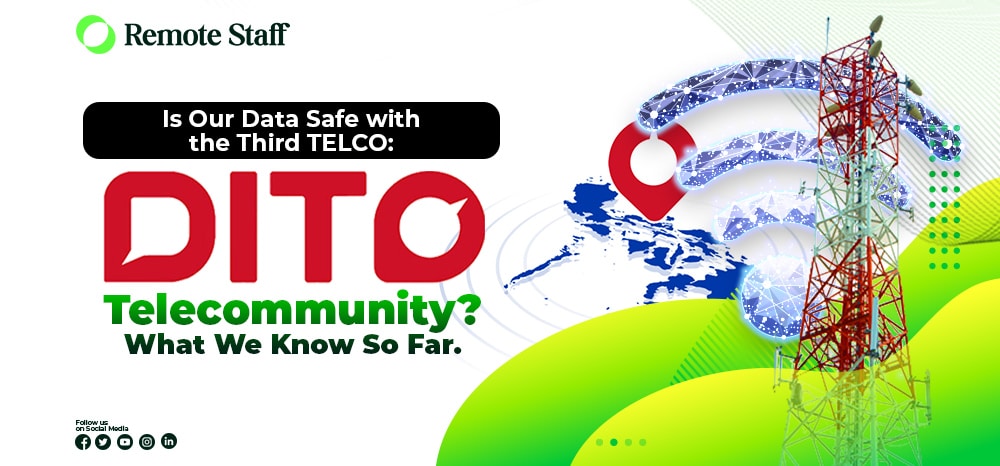We all need varying degrees of internet speeds depending on our remote working job or personal needs.
But unfortunately, the current line up of internet service providers in the Philippines delivers quite subpar results. Have you experienced lag, intermittent connection failures during bad weather conditions, or a lack of internet connectivity for days? Welcome to the Philippines!
Last 2019 rankings, Taiwan is at number 1 at around 85 MBPS. Singapore at number 2 with 70 MBPS. On the other hand, the Philippines is at a dismal rank 97 with an average internet speed of around 6-8MBPS. Though this is a significant improvement from before, neighboring countries are blazingly faster than what we have today.
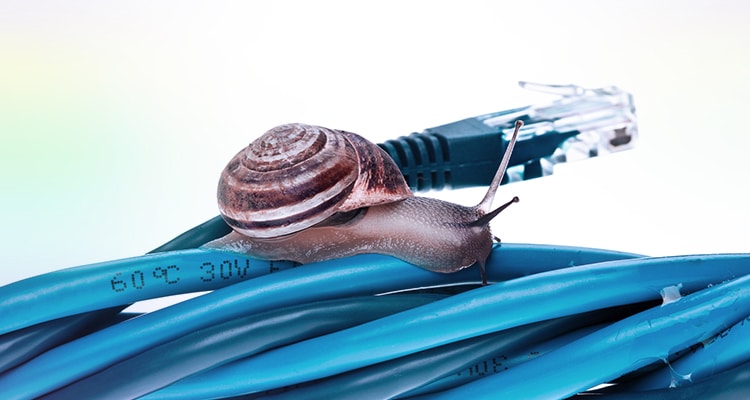
Why Is the Internet So Slow?
There’s a constant pointing of fingers, whether it’s the government to blame for its bureaucracy and red tape, or just the telcos taking advantage of their duopoly. Regardless, one thing is for sure, it’s now a basic right for Filipinos to get quality internet service, especially when livelihoods are on the line.
Right now, there’s a surge of internet users for remote working and online classes. People are forced to work or study at home because of the pandemic.
How can you cope up when your connections are too slow? That’s where the third telco: DITO Telecommunity comes in.
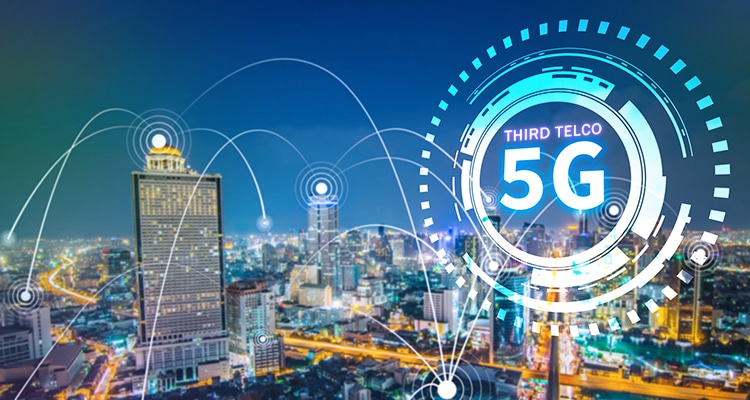
The Third Telco Enters the Market
DITO Telecommunity, formerly known as Mislatel Consortium, was granted a 5-year franchise to battle with the Telco giants head-on. DITO Telco is a joint venture between Udenna Corp (35% owned, Founded by Davao-businessman Dennis Uy), Chelsea Logistics and Infrastructure Holdings Corp (25% owned), and China Telecom (40% owned).
The agreement promises to put up 10,000 cell towers in the 5-year period. DITO Telecom commits to provide an average minimum speed of 27 MBPS in their first year and 55 MBPS in their second year. And hopefully, it will serve around 84% of the population.
Although a Senate hearing found out that only 300 operational cell sites were built compared to the first commitment of 1,300 cell sites, but they were granted a 6-months reprieve citing the delays due to the pandemic.

Cybersecurity Concerns
With tension between China and the world, many have apprehensions with Chinese companies coming in. Normal Filipinos might feel uncomfortable because of certain Chinese issues like the South China Sea Dispute.
Also, many countries like the US and Japan started banning Huawei because of security reasons. And some youth organizations are protesting against it.
One reason might be the Chinese National Intelligence Law obliging Chinese government-owned corporations to support the state’s intelligence-gathering efforts, of which China Telecom is one. On top of that, there is a Counter-espionage Law that prohibits Chinese corporations not to assist the government’s intelligence gathering.
Is our data safe on their hands?
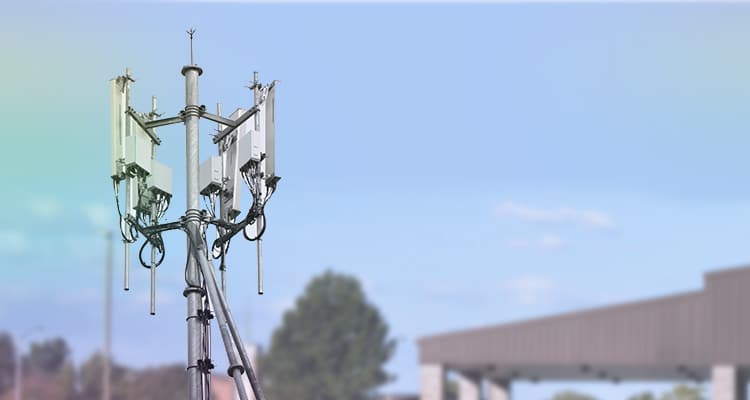
Cell Sites and Communication Equipment Inside Army Bases
To put the deal further in the spotlight, Defence Secretary Delfin Lorenzana signed the deal to build cell sites inside army bases. According to Lorenzana, he was waiting for the opposition to review the deal. And they came up with no complaints or recommendations on the contract.
And he defended that Globe and PLDT equipment is already installed in some bases, and they use Chinese equipment. What is the difference then?

Safeguards
Even with this, many are still concerned. AFP Intelligence Chief Major General Jose Eriel Niembra expressed in a senate hearing that only Filipino engineers are to work on cell sites in the military to ensure they are on our side. And these engineers should be present in the installation and maintenance and have free access to the facilities.
With the fear of many, Chief Administrative Officer Adel Tamano assured the public that DITO is a Filipino company. It’s just that they are partnered with a strong Chinese corporation (ChinaTel) with multiple patents and a diversified customer base of 900 million users.
As a solution also, DITO will tap US company Fortinet to handle the cybersecurity exposure of DITO. As Adel Tamano said, this indicates that DITO is a Filipino company because it would not have signed a US company if it were a Chinese-controlled company.
There’s truth in what he says. He reiterates that DITO Telecom is a Filipino company partnered with a Chinese company. Not a Chinese company.
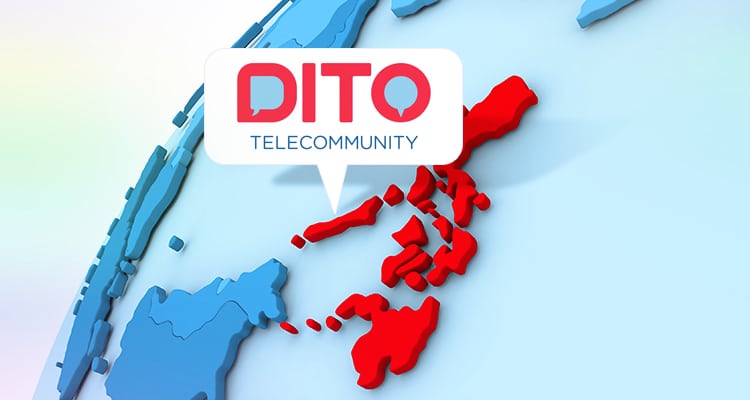
Dito Telcommunity is Here to Stay
Regardless of who you trust, Dito Telco is here to stay. DITO will be ready for a technical audit this coming January 2021. And will rollout commercial operations by March 2021.
And with 240 affirmative votes over a total of 247, House Bill No. 7322 gives them a 25-year franchise to operate.
What do you think of this move? Are you waiting for Dito Telco as your next service provider? Will the other Telcos up their game? We want to know your thoughts.

